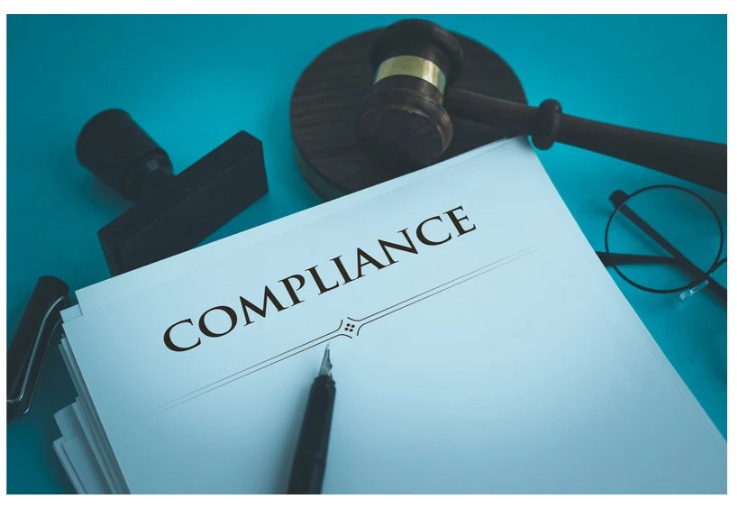
Modernizing Criminal Justice Systems through CJIS Compliance
Over the past few decades, the criminal justice system has witnessed dramatic shifts in its operations, much of which can be attributed to advancements in technology. One of the critical drivers of this transformation is the Criminal Justice Information Services (CJIS) compliance. But what exactly is CJIS, and how does it play a role in reshaping the landscape of criminal justice?
The Essence of CJIS
Established in 1992, the Criminal Justice Information Services Division of the FBI oversees the CJIS. This body sets out a series of standards that aim to protect the privacy and security of criminal justice information (CJI). Such information includes biometric records, personal identity verifications, and even investigative reports. As the digital universe expands and evolves, these standards become crucial in safeguarding sensitive data from breaches and misuse.
Why CJIS Compliance Matters
- Enhanced Data Security: Data breaches can lead to catastrophic consequences, especially when it concerns criminal justice. CJIS compliance ensures that any entity handling CJI adheres to stringent security protocols, which can range from advanced encryption methods to regular system audits.
- Consistent National Standards: Given that criminal justice operations often require interstate collaborations, having a uniform set of standards is invaluable. CJIS provides a consistent framework that all U.S. states can rely on, ensuring that there’s no discrepancy when sharing or accessing CJI.
- Fostering Public Trust: In an era where personal data leaks have become alarmingly frequent, public skepticism towards institutions handling sensitive information has grown. By adhering to CJIS standards, criminal justice agencies demonstrate their commitment to maintaining the confidentiality and integrity of the data they manage.
Real-world Impact of CJIS Compliance
Improved Inter-agency Collaboration: With a standardized approach, law enforcement agencies can collaborate more effectively. Whether it’s sharing suspect profiles, investigative findings, or real-time incident reports, agencies can seamlessly exchange data without the fear of compromising security. This not only speeds up investigations but also ensures a comprehensive approach to tackling crime.
Facilitating Innovative Solutions: As technology continues to evolve, new solutions emerge to address the challenges faced by law enforcement. Drones, body cameras, predictive policing algorithms – all these innovations hinge on the safe handling and processing of data. CJIS compliance ensures that these advancements can be integrated into the criminal justice system without jeopardizing the sanctity of the information.
Future-proofing the System: As cyber threats become more sophisticated, so should our defense mechanisms. CJIS isn’t a one-time set of standards but an evolving framework that adapts to the latest challenges in cybersecurity. This continuous evolution ensures that the criminal justice system is always a step ahead, prepared to counter any digital threats.
Navigating the Challenges of Compliance
While the benefits are clear, achieving CJIS compliance isn’t without its challenges. Law enforcement agencies often grapple with outdated systems, inadequate training, or limited resources. However, with the rise of cloud-based solutions and third-party vendors specializing in CJIS-compliant services, these obstacles are becoming more surmountable. Such services not only alleviate the technical burden but also ensure that agencies remain updated with the latest CJIS requirements.
Wrapping It Up
The modernization of the criminal justice system isn’t merely about integrating the latest gadgets or software. It’s about ensuring that as technology becomes an integral part of operations, the sanctity, and security of sensitive data remains uncompromised. CJIS compliance stands as a testament to this commitment, paving the way for a future where technology and justice go hand in hand, working in tandem to create a safer, more transparent society.
Contact Cyber Defense Advisors to learn more about our CJIS Compliance solutions.





